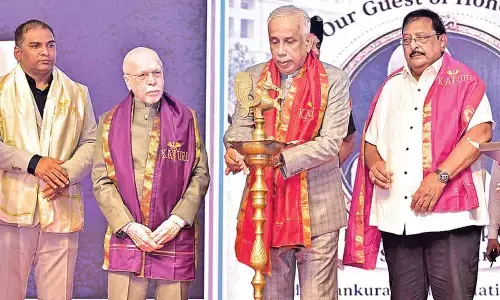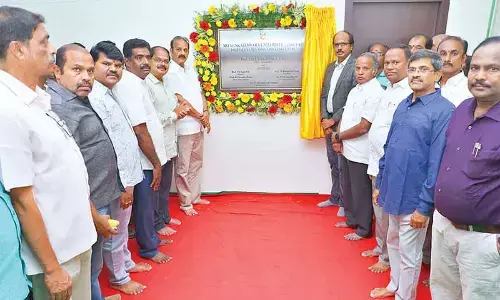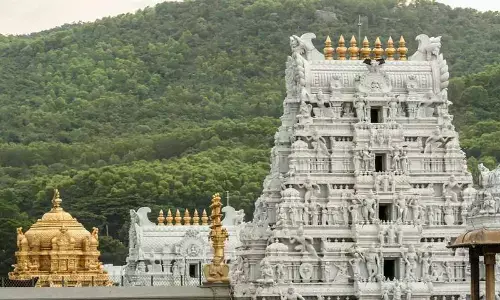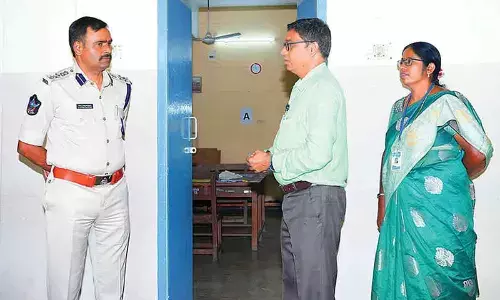NC challenges Presidential Order on Article 370 in Supreme Court
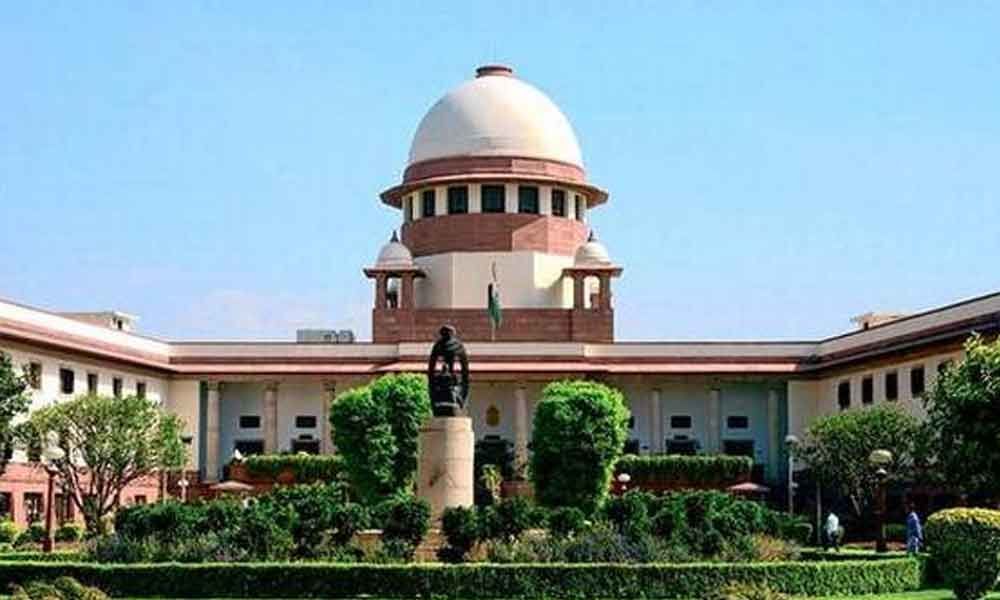
Half-a-dozen petitions have been filed in the Supreme Court - four in the past 24 hours - opposing the Centre's decision revoking Article 370 and the curfew imposed to curb attempts at disturbing law & order in Jammu and Kashmir.
New Delhi: Half-a-dozen petitions have been filed in the Supreme Court - four in the past 24 hours - opposing the Centre's decision revoking Article 370 and the curfew imposed to curb attempts at disturbing law & order in Jammu and Kashmir.
Three of the petitions challenge the Presidential Order making Article 370 a dead letter in the Constitution and the others are connected with the imposition of curfew and its consequences in the region.
The National Conference petition, leading the lot, underpins the genesis and evolution of Article 370 and its provision Article 35A. The petition contended that framers of the Constitution advocated for a pluralistic federal model.
Article 370 was extensively considered and carefully drafted in order to ensure the peaceful and democratic accession of the formerly princely state of Jammu and Kashmir to the Indian Union, drawing out the significance of Article 370, which defines and regulates the relationship between J&K and the Union of India, it said.
Citing 'Swaraj' or self-governance, the petition said the right to autonomous self-government within a federal framework is an essential fundamental right.
These valuable rights have been taken away without the "procedure established by law" in a manner that violates every canon of Constitutional morality.
Similarly, two other petitions filed by advocates, one of Kashmiri origin, challenge the Centre's decision making Article 370 redundant.
A curfew has been imposed in the region to prevent attempted acts of violence, which could spill over beyond the region further deteriorating the law and order situation.
Executive Editor of Kashmir Times, Anuradha Bhasin, moved the top court seeking its direction to relax the movement of media personnel as well as photojournalists for free reporting on the situation.
Bhasin sought that the debilitating restrictions imposed through the complete shutdown of internet and telecommunication services, and severe curbs on the movement of photo journalists and reporters be immediately relaxed in order to ensure the freedom of the press.
A law graduate in Delhi has also filed a petition in the top court seeking information on the whereabouts of his family in Kashmir.
Mohammad Aleem Syed, a law graduate from Jamia Millia Islamia claims he has not received any information from his parents and brother in Kashmir since August 5 when the Centre introduced a bill to modify Article 370.
Raising issue of lockdown in the region, Tehseen Poonawalla, a social activist, claimed the imposition of undeclared curfew/restrictions, arbitrary arrests, shutdown of phone services and snapping of internet, cable TV and news channels blocked, amounts to suspension of Article 19 and 21 of the Constitution.
The plea said, "The actions taken by Union of India pertains to gross abuse of its powers under law, whereby the people of J&K are suffering on account of unwarranted imposition of undeclared curfew and further emergency-like restrictions are being imposed under the garb of Section 144 of the Code of Criminal Procedure, 1973."


